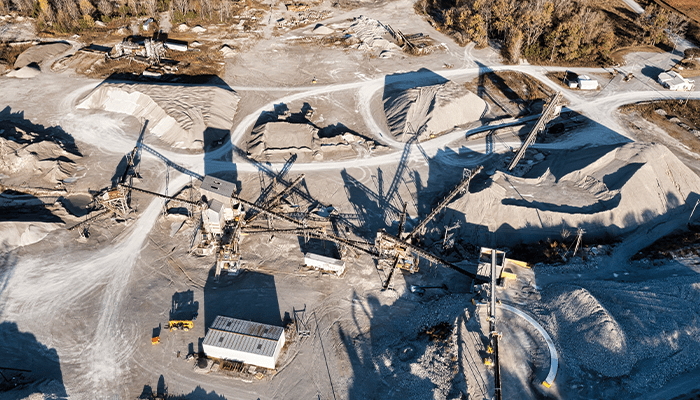
Workers' Compensation Fraud: How to Spot It and Prevent It
Workers' compensation is a crucial safety net designed to protect employees who suffer injuries or illnesses in the workplace. However, like any system, it's vulnerable to abuse. Workers' compensation fraud is a serious issue that can have far-reaching consequences, including increased costs for businesses and reduced benefits for legitimate claimants. In this blog post, we'll delve into the world of workers' compensation fraud, exploring what it is, how to recognize it, and what steps employers can take to prevent it.
What is Workers' Compensation Fraud?
Workers' compensation fraud occurs when individuals deceive the system to obtain benefits they are not entitled to. This deception can take various forms, including:
- Falsifying or exaggerating injuries: Some individuals may fabricate or overstate the severity of their injuries to prolong their time off work or receive higher benefits.
- Claiming non-work-related injuries as work-related: Individuals may attempt to attribute injuries or illnesses that occurred outside the workplace to their job to qualify for workers' compensation benefits.
- Working while receiving benefits: Some claimants may continue working, either at their current job or elsewhere, while receiving disability benefits, concealing their employment status to maintain benefits.
- Healthcare provider fraud: Involves collusion between claimants and healthcare providers to inflate medical bills, provide unnecessary treatments, or falsify medical records.
Spotting Workers' Compensation Fraud
Recognizing workers' compensation fraud requires vigilance and attention to detail. Here are some red flags that may indicate fraudulent activity:
- Conflicting statements: Inconsistencies between the claimant's reported injury and medical records, witness statements, or surveillance footage should raise suspicion.
- Delayed reporting: Claims filed long after the alleged injury occurred or delayed reporting of injuries without a reasonable explanation may suggest fraud.
- Lack of cooperation: Claimants who refuse to undergo medical evaluations, provide requested documentation, or participate in investigations may have something to hide.
- Unusual behavior: Claimants exhibiting secretive or evasive behavior, such as avoiding contact with employers or providing false contact information, may be attempting to conceal fraudulent activity.
- Patterns of fraud: Multiple claims from the same individual or a history of suspicious claims within a company or industry could indicate organized fraud schemes.
Preventing Workers' Compensation Fraud
Preventing workers' compensation fraud requires a proactive approach from employers and insurers. Here are some strategies to mitigate the risk of fraud:
- Implement a robust reporting and investigation process: Encourage prompt reporting of workplace injuries and establish procedures for thorough investigations of suspicious claims.
- Conduct regular training: Educate employees on the workers' compensation process, their rights and responsibilities, and the consequences of fraud. Make sure they understand the importance of honesty and accuracy in reporting injuries.
- Maintain clear documentation: Keep detailed records of workplace incidents, injury reports, medical evaluations, and communications with employees to provide evidence in case of disputes.
- Use surveillance techniques: Surveillance techniques such as video monitoring, social media monitoring, and field investigations can help verify the legitimacy of claims and detect fraudulent activity.
- Collaborate with healthcare providers: Build relationships with reputable healthcare providers and establish protocols for verifying treatment plans, monitoring progress, and identifying potential signs of fraud.
- Stay informed: Stay up to date on industry trends, legal developments, and best practices for preventing and detecting workers' compensation fraud. Share information with employees and colleagues to foster a culture of accountability and integrity.
If you suspect workers' compensation fraud in your workplace, don't wait - take action today. Implement preventive measures, educate your employees, and foster a culture of transparency and accountability.

Featured News & Insights

On April 18, 2024, the Mine Safety and Health Administration (MSHA) issued a final rule to lower miners' exposure to respirable crystalline silica and enhance respiratory protection measures across...

The recent storms that battered Florida served as a stark reminder of the vulnerabilities that come with alternative energy infrastructure, particularly solar and wind. As the transition to...

Rising insurance costs in the energy sector are causing widespread concern, particularly when it comes to managing business interruptions. As claims severity increases due to inflation, material...